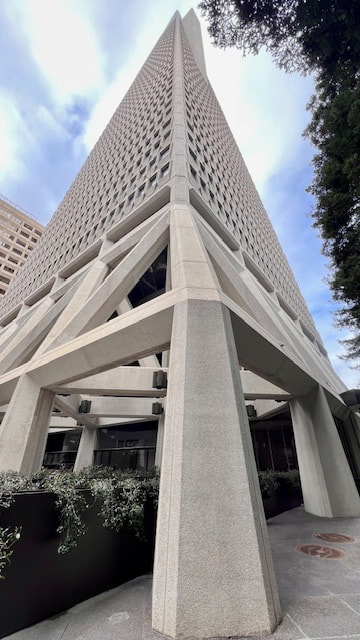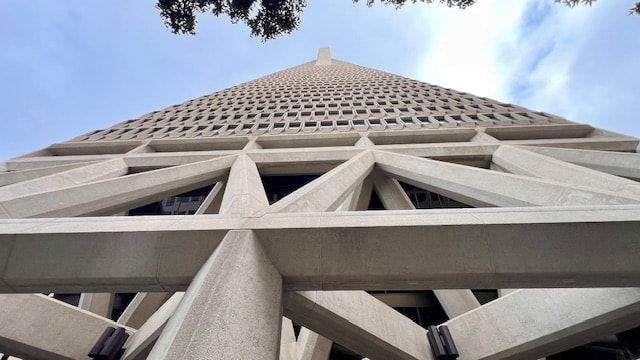|
Have you ever wondered why conflict seems inevitable with certain people in your life, especially family members? No matter how much you grow, they still treat you the way they always have—like the child, the troublemaker, or the person they once knew. This disconnect often leads to frustration, misunderstandings, and even emotional pain. The Root of Conflict: A Perception Gap Conflict often arises when who others think we are no longer matches who we have become. They interact with an outdated version of us, while we expect them to see and respect the person we are today. For example, a parent may still treat their adult child like they are incapable, simply because that’s how they remember them. Meanwhile, the child—now grown and independent—resents being treated that way. The result? Repeated arguments, emotional triggers, and a cycle of frustration. This dynamic isn’t just limited to parent-child relationships; it happens in friendships, romantic relationships, and even workplaces. The version of you that people hold in their minds is often based on past interactions, and unless something forces them to update their perception, they continue responding to you in the same old ways. Why People Struggle to See Our Growth People are naturally resistant to change—especially when it comes to relationships. Familiarity feels safe, even if the dynamic is unhealthy. When someone sees you differently, it forces them to question their role in the relationship. For example, a controlling parent might feel less needed if they acknowledge that their child has become independent. A long-time friend may feel threatened if they see you growing in ways they haven’t. A romantic partner may resist change because they fear losing the dynamic they once knew. Without realizing it, people may try to pull you back into old patterns not out of malice, but out of their own fears and insecurities. How We Keep Ourselves Stuck in Old Dynamics Even when we’ve grown, our reactions often reinforce the past version of us. If you’ve always argued with a parent who belittles you, reacting defensively only confirms their belief that you are still the same. If a friend still treats you like the reckless person you used to be, and you get frustrated instead of calmly correcting them, you feed their outdated perception. This is why it’s refreshing to meet new people. They see us as we are today—without the baggage of past interactions. But this doesn’t mean old relationships are doomed. They can be rekindled if both parties become aware of these dynamics. How to Shift the Relationship Dynamic 1. Understand Their Perception • Instead of assuming they are intentionally disrespecting you, recognize that they simply don’t see your growth yet. • Ask yourself: “What version of me do they see?” and “Why might they struggle to update that perception?” 2. Communicate Your Growth • You can’t expect people to just know you’ve changed. Show them through actions and words. • Example: Instead of saying, “I’m not a child anymore,” demonstrate it by handling situations with maturity and confidence. 3. Stop Reacting Like Your Old Self • When you react emotionally in a way that matches their outdated view of you, you reinforce it. • Instead, respond as your present self—with calmness, confidence, and clarity. 4. Give It Time • People don’t change their perceptions overnight. Consistently embody the new version of yourself, and eventually, they will have no choice but to recognize it. Final Thoughts Conflict in relationships isn’t always about who is right or wrong—it’s often about perception gaps. Your growth is real, but the people in your life may not see it yet. Instead of expecting them to automatically adjust, take responsibility for helping them see the new you. The more aware we are of these dynamics, the more power we have to break the cycle and create healthier, more fulfilling relationships.
2 Comments
Sunny
4/16/2025 08:13:52 am
Thanks, Julia! I don't have one yet. There's a RSS Feed on this page but not sure if it works and I think it doesn't really convert to email. I need to look into MailChimp. Thanks for reminding me of this!
Reply
Leave a Reply. |
AuthorFeelasoulphy Categories
All
Archives
December 2024
|




 RSS Feed
RSS Feed